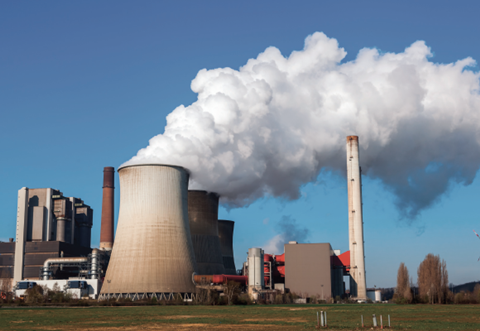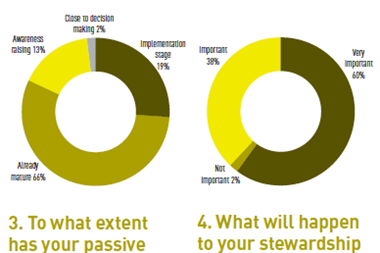A think tank has accused BlackRock of costing its clients more than $90bn (€81.4bn) from a select group of fossil fuel-heavy investments – although the asset manager has challenged the methodology and findings of the organisation’s report.
According to the Institute for Energy Economics and Financial Analysis (IEEFA), BlackRock’s management of its fossil fuel holdings was “myopic”.
“In holding after holding across the coal, oil and gas space around the world, weak performance over the last decade lags the market and weakens both actively and passively managed investments,” the think tank said.
It highlighted the case of BlackRock’s holding in General Electric, which it said had declined by $19bn in value over a three-year period.
A BlackRock spokesperson said the majority of its equity holdings, including those cited in the IEEFA’s report, were held through index-based exchange-traded funds and other index products, which track the investment results of third-party indices.
“Index managers such as BlackRock seek to replicate the performance of the index and do not select or exclude one company over the other based on our views of a company,” the spokesperson added.
“Index providers determine which companies to include in the indices they create based on the index methodology. The conclusions of this report are thus misplaced.”
“A new path is needed that leads BlackRock, its clients and the global economy toward climate health and a new cycle of profitability and growth”
IEEFA
A source at a large asset manager backed up this view, saying that underperforming due to investment in fossil fuels was not BlackRock’s fault.
“Investing in ETFs that track the stock market is particularly difficult during a period of market transition, where previously valuable sectors can become redundant,” the source added.
The individual suggested a better question would have been whether BlackRock took an active bet toward fossil fuels that did not work out.
Stewardship questions

In its report the IEEFA also accused the world’s largest asset manager of a failure of stewardship across its passive investment portfolio, saying it had steered away from leading low-carbon strategies adopted by investors such as Sweden’s AP4.
BlackRock had instead opted to pursue a strategy of engagement with companies, but it was “entirely questionable” whether this approach was yielding material results.
IEEFA also argued that BlackRock’s board was a problem, with too many of its members in key decision-making roles having “significant ties” to the fossil fuel sector.
The think tank made five main recommendations for BlackRock, including leading the way on investing in low-carbon indices and adopting a strategic use of fossil fuel divestment.
“BlackRock plays a powerful leadership role in the current global investment debate over the direction of fossil fuel investing, but the direction it is largely offering is backward,” said the IEEFA.
“A new path is needed that leads the company, its clients and the global economy toward climate health and a new cycle of profitability and growth.”
BlackRock has faced a steady stream of criticism over its activity with regard to climate change in recent years.
The anonymous source told IPE that the attention the report from the IEEFA had received in the media was more interesting than its substance “as a reflection of the scrutiny that is turning to fund managers on their decisions and the connection between rhetoric and actions”.
“Some will be misplaced, but the spotlight is clearly moving in our direction,” the individual said.











